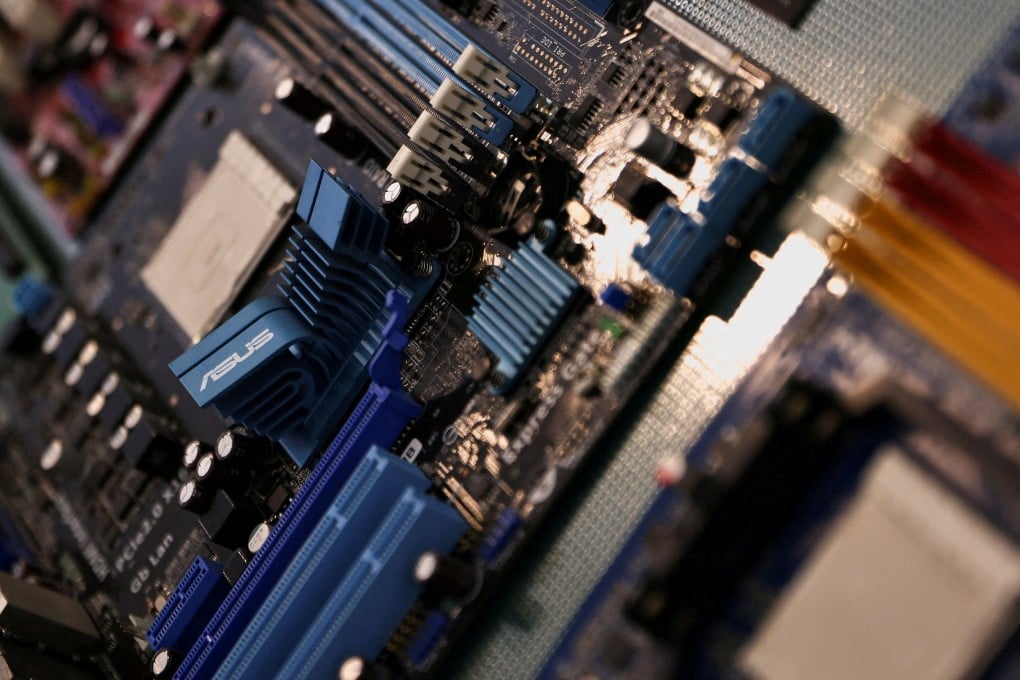My Take | Computer chips are the new oil and Taiwan is the new Saudi Arabia
- In the US tech war with mainland China, Taiwan will become more important with ever greater security guarantees. In the longer term, though, the US may just kill off the island’s treasured semiconductor industry as it tries to choke off China technologically

Last month, Taiwan’s top defence officials went into high gear to deny a Bloomberg report that the White House had a contingency plan to destroy the facilities of the island’s chip-making giant TSMC to prevent Chinese access to the most advanced computer chips in the event of a mainland invasion.
Whether the report was accurate or not, it highlighted the importance of Taiwan not only for its geopolitical role but its central place in the United States’ tech war against China. The island is at the centre of the manufacturing and supply of some of the most advanced semiconductors in the global economy. For Washington then, the island has arguably become more important strategically than any single ally, perhaps even Israel. And it is not even recognised formally as an independent country!
Oil and chips
With tremendous foresight, Daniel Yergin wrote in his influential 1991 book, The Prize: The Epic Quest for Oil, Money and Power, “As we look towards the 21st century, it is clear that mastery will certainly come as much from a computer chip as from a barrel of oil.”
This is what Yergin observed about oil in the last century: “For oil has meant mastery throughout the 20th century.” “Oil is the world’s biggest and most pervasive business, the greatest of the great industries …” “The expansion of the [oil] business in the 20th century … embodies the evolution of business, of corporate strategy, of technological change and market development, and indeed of both national and international economies.” “Today, oil is the only commodity whose doings and controversies are to be found regularly not only on the business page but also on the front page.” “[It] is a massive generator of wealth – for individuals, companies, and entire nations. In the words of one tycoon, ‘oil is almost like money.’”
And oil as a subject of international politics? “[Oil] as a commodity is intimately intertwined with national strategies and global politics and power.” “Whatever the evolution of this new international order, oil will remain the strategic commodity, critical to national strategies and international politics.”
